The Hangzhou-Taizhou High-Speed Railway in Zhejiang province, China's first high-speed railway controlled by private capital, has proved to be a milestone in the Chinese government's efforts to attract private funding to key infrastructure construction and local transportation development.
The railway, which began operating in January 2022, has a designed speed of 350 kilometers per hour and connects a number of well-known scenic spots. It has handled more than 20 million passenger trips so far.
It is among the country's first rail projects funded by a public-private partnership, with 51 percent of the railway's shares held by a consortium of eight private enterprises.
The safe and smooth operation of the 266.9-km rail line is a vivid example of how China has been pushing ahead with the market-oriented reform of its high-speed railway investment and financing system. The project also demonstrates how private enterprises have the ability to invest and participate in major national projects, according to experts and entrepreneurs.
They noted that the country's latest measures for comprehensively deepening reform will create a favorable environment for the nonpublic sector, and said that bolstering the growth of the private economy will significantly shore up market confidence, stabilize expectations and revive the momentum of economic recovery amid challenges and external uncertainties.
The measures will further motivate private enterprises to beef up their innovation capabilities and achieve breakthroughs in crucial technologies, the experts and entrepreneurs said, adding that this will promote industrial upgrades and high-quality economic development. They also called for efforts to increase financial support for private enterprises and optimize policies on tax and fee reductions.
The comments came after the third plenary session of the 20th Central Committee of the Communist Party of China, which concluded last month, adopted a resolution on further comprehensively deepening reform to advance Chinese modernization.
The country will continue to implement principles and policies that help foster a favorable environment and create more opportunities for the development of the nonpublic sector, while formulating a law to promote the private economy, according to the resolution.
China's top leadership has placed great emphasis on bolstering the growth of the private sector. During last year's two sessions, the annual meetings of China's top legislative and political advisory bodies, President Xi Jinping called for proper guidance for the healthy and high-quality development of the private sector.
Xi, who is also general secretary of the CPC Central Committee and chairman of the Central Military Commission, stressed that the CPC Central Committee always unswervingly consolidates and develops the public sector and encourages, supports and guides the development of the nonpublic sector. He also said the CPC Central Committee always believes that private enterprises and entrepreneurs "belong to our own family".
Zhou Maohua, an analyst at China Everbright Bank, said, "The private sector has become an important force for promoting Chinese modernization, and plays an increasingly vital role in stabilizing economic growth, creating job opportunities and bolstering technological innovation."
The country has sent a clear signal that it is dedicated to boosting the high-quality development of the private economy through rolling out targeted measures to deal with the difficulties and issues faced by private enterprises, he said.
Noting that some private enterprises have been facing mounting pressures, such as rising production costs and financing difficulties, Zhou said, "It is important to encourage financial institutions to step up support for micro, small and medium-sized enterprises, deepen reform to eliminate barriers that hinder the development of the private sector, and support private enterprises in enhancing innovation capacities."
Hong Yong, an associate research fellow at the e-commerce research institute of the Chinese Academy of International Trade and Economic Cooperation, said the country's push to draft a law on promoting the private economy reflects its firm determination to support the private economy, with a specific focus on strengthening protection of private companies' property rights, as well as the rights and interests of entrepreneurs, via legal means.
The recent move signals a significant step toward creating a more transparent, stable and predictable business environment, he said, adding that "the legislative efforts will not only remove systemic barriers and address the pressing concerns of private enterprises, but also invigorate the dynamism of market entities and bolster the development of new quality productive forces".
Saying that the private sector serves as a primary engine for economic growth, Hong called for more efforts to expand financing channels and reduce financing costs for private enterprises, strengthen financial assistance to private investment projects, continuously optimize the market environment for fair competition, and reinforce intellectual property protection.
Gao Zicheng, chairman of the All-China Lawyers Association, said that in order to reduce the burden on private enterprises, more detailed measures may include implementing tax policies that benefit small and micro private enterprises, like deferred, reduced or exempted corporate income taxes and value-added taxes for eligible enterprises.
Intrinsic element
The private economy has become an intrinsic element of China's economic system and a significant force in sustainable and healthy economic development. Private companies contribute more than 60 percent of gross domestic product, 70 percent of technological innovation and 80 percent of urban employment, according to official data.
In July last year, the CPC Central Committee and the State Council, China's Cabinet, issued a top-level guideline detailing 31 measures, such as facilitating private enterprises' access to funding, reducing market entry barriers and promoting fair competition, to promote the development of the private sector.
The third plenary session's resolution said that efforts will be made to remove barriers to market access, improve the long-term mechanism for private enterprises to participate in major national projects, support capable private companies in leading significant national technological and innovation projects, and provide private enterprises with greater access to major national scientific research infrastructure.
"These reform measures will provide more opportunities for the private sector's participation in key national projects, further stimulate the vitality of private investment and consolidate the economic recovery trend," said Pan Helin, a member of the Ministry of Industry and Information Technology's Expert Committee for Information and Communication Economy.
Recent years have seen an increasing number of private companies playing a role in major infrastructure projects in transportation, water conservancy and railways. Previously, these areas, which used to be dominated by State-owned enterprises, were seldom open to private enterprises.
Thanks to recent efforts to promote the private sector's participation in major projects, Chongqing One-Tale Electric Co has received special support from the National Development and Reform Commission, the nation's top economic regulator, to establish a sensor technology service platform, said Tian Yongchao, head of research and development at the company, a private-sector provider of electrical equipment.
"After the platform's completion in June next year, it is expected to help improve the sensor industry chain in Chongqing and Southwest China as a whole," Tian said.
Li Dongsheng, founder and chairman of consumer electronics maker TCL Technology Group Corp, said, "The authorities' supportive attitude toward the private sector has greatly boosted the confidence of private enterprises and stimulated the entrepreneurial spirit and innovation vitality of entrepreneurs."
TCL will stick to an innovation-driven development strategy and strive for breakthroughs in key technologies and bolster the transformation and upgrading of the high-tech manufacturing industry, he added.
Zhou Hongyi, founder of Chinese cybersecurity company 360 Security Group, said the key plenary meeting has sent a clear message of further efforts to comprehensively deepen reform. He added that this has inspired and encouraged him, and said his company will focus on digital security and artificial intelligence and bolster digital and intelligent upgrades in traditional industries.
Nan Cunhui, chairman of Chint Group, a leading industrial electrical equipment and new energy company, said the latest commitment to developing the nonpublic sector has put private enterprises at ease, because they see that such support has been and will be consistent.
















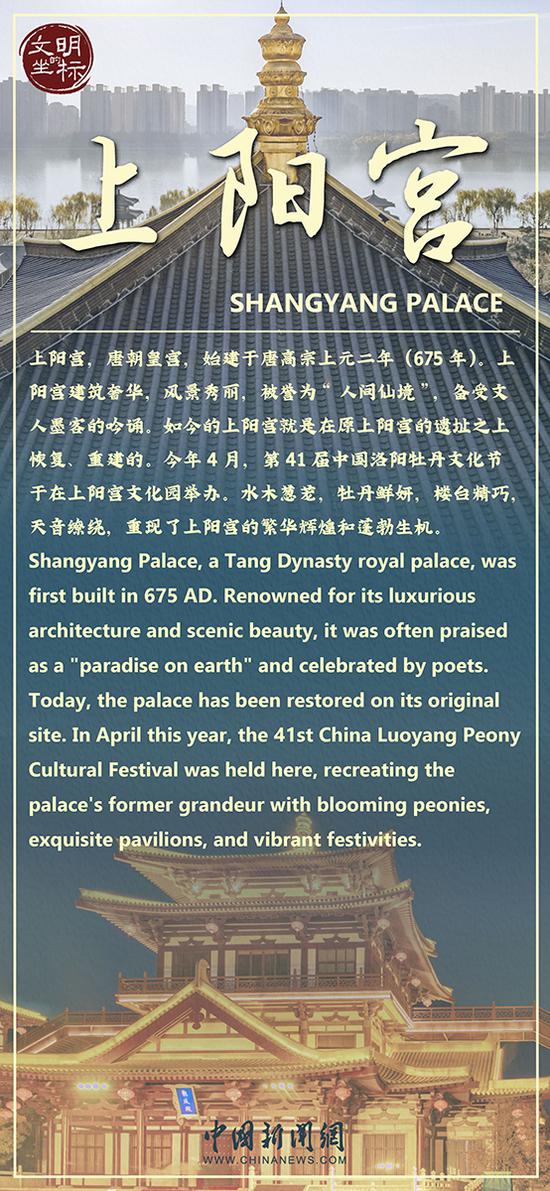











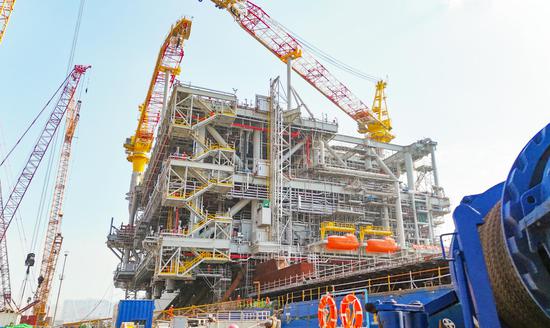








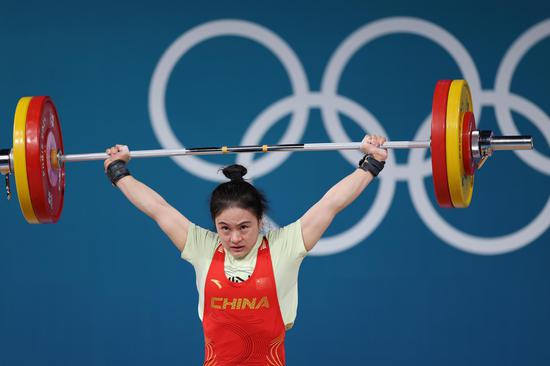



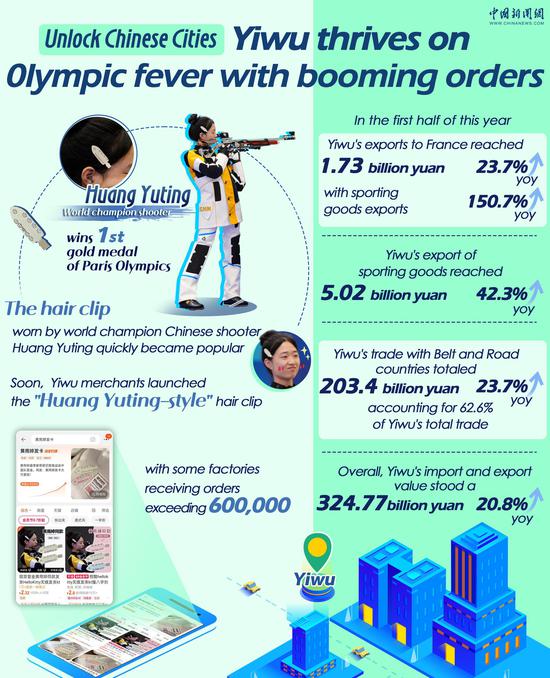

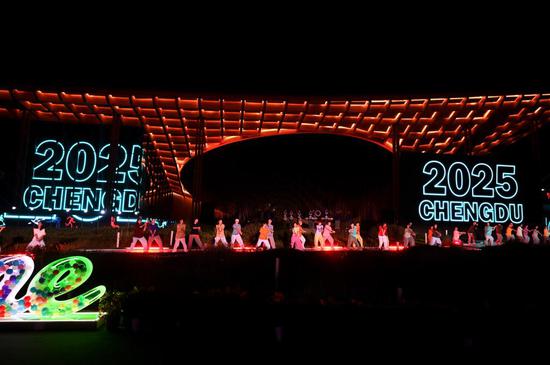




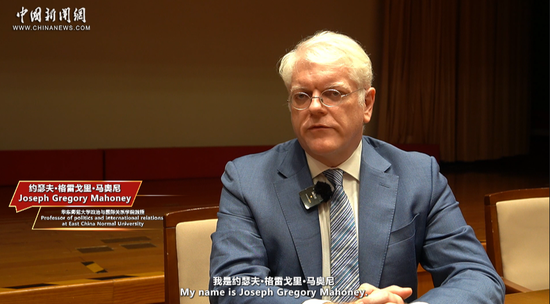

 京公网安备 11010202009201号
京公网安备 11010202009201号